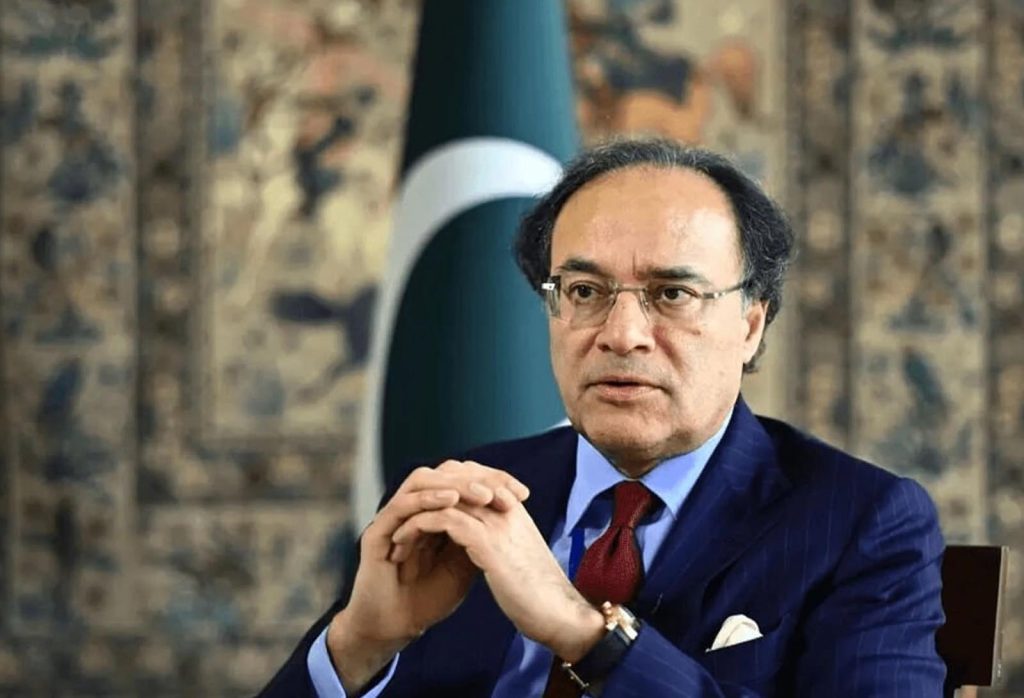Pakistan and the United States are close to finalizing a comprehensive trade and investment agreement, which Islamabad believes will significantly boost its exports in the coming months. However, Washington is seeking reciprocal incentives, particularly in Pakistan’s mines and minerals sector, as part of the deal. Finance Minister Muhammad Aurangzeb confirmed that further refinements to the agreement are expected in the coming weeks, with hopes of increased export opportunities for Pakistani businesses.
Official sources revealed that more than 90% of the deal’s terms have been agreed upon, but key details remain under discussion. One major point of negotiation is how Pakistan will incentivize U.S. investment in mining and mineral projects. Additionally, Pakistan plans to import petroleum products from the U.S., which could slightly raise domestic fuel prices due to higher logistics costs. However, officials downplayed the impact, noting that U.S. oil imports would account for only about 10% of Pakistan’s total petroleum purchases.
Recent discussions between Pakistani ministers and exporters focused on U.S. tariff structures, while U.S. Chargé d’Affaires Natalie Baker met with Aurangzeb to explore ways to enhance bilateral trade and investment. The finance minister highlighted Pakistan’s improving economic outlook, citing Moody’s recent upgrade as proof that government reforms are working. He also thanked the U.S. for its economic support and expressed optimism that the trade deal would unlock new opportunities in energy, IT, cryptocurrency, and mining.
Baker emphasized that American companies are increasingly interested in investing in Pakistan, particularly in supply chains, energy, and critical minerals. Both sides pledged to strengthen economic ties, with the agreement expected to pave the way for greater U.S. investment in Pakistan’s infrastructure and digital sectors. The deal marks a potential turning point in bilateral relations, aiming to create mutually beneficial growth while addressing key trade and investment priorities for both nations.














